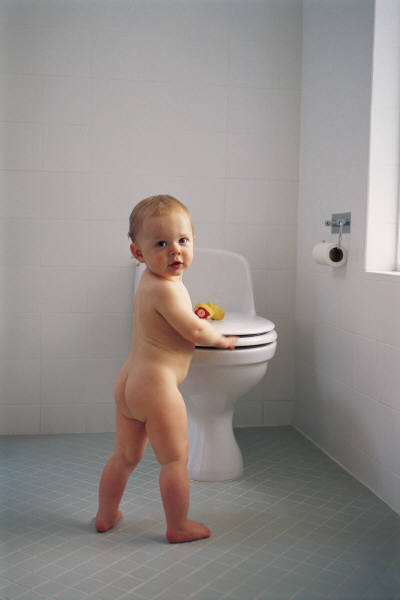
Fewer older cancer patients are given treatment with the decline starting at the age of 50 (Posed by models)
Elderly people are being denied cancer surgery because NHS doctors are reluctant to operate on them, according to a study.
It found the number of people treated for breast cancer falls by a third over the age of 60.
Meanwhile only two per cent of patients over the age of 80 have surgery for six of the top 13 cancers.
Researchers said workers in the NHS often believed performing surgery on elderly patients was inappropriate and said this attitude was one of the key reasons for the decline in operations.
The biggest drop in operations is seen in the over-7ps but the study found a decline across all forms of cancer treatment is evident from the age of 50.
Dr Mick Peake, lead clinician at the National Cancer Intelligence Network which carried out the study said: ‘While this isn’t intrinsically surprising, the drop in some cancers begins in age groups as young as the 50s. this is a cause for concern.
‘And, crucially, it raises questions about the underlying reasons for these variations and, in turn, what can be done to reduce them.
‘Inevitably, there may be reasons for variations by age and geography that are not directly related to the quality of care in our hospitals.
‘Such reasons may include the stage of the disease at diagnosis, late presentation by patients with symptoms, patients – especially older ones – choosing not to have surgery, different numbers of patients with other illnesses which mean surgery would be ill-advised.
‘But because complete data on these factors is not available, the report can’t attribute any of the variation to them, highlighting the importance of NCIN’s ongoing work in improving the information collected about cancer patients.
‘Despite all these caveats, the new facts and figures suggest that some parts of the country may have different rates compared to other regions.
‘This report provides the basis for further analyses to try and understand what the underlying causes of these differences are.
Dr Mick Peake: ‘While this isn?t intrinsically surprising, the drop in some cancers begins in age groups as young as the 50s. this is a cause for concern.’
‘This is a good basis for cancer networks to examine why they might have lower surgery rates than their neighbours. so publishing this type of analysis could actually help to make things better.’
The study found that ‘There was evidence of small but significant decreases in the proportion of patients receiving a major resection (organ or tumour removal) in the more deprived socio-economic groups and also of variation in surgical rates between cancer networks.’
Less than 16 per cent of people with cancers of the oesophagus, stomach, bladder, prostate, lung, pancreas and liver had a record of a major resection. with liver cancer only six per cent had surgery before a drop to two per cent for all of these cancers for the over 80s.
Over the age of 40 and until someone reaches 80 the drop in the number of people receiving surgery for cancer of the ovaries was 56 per cent, kidney 49 per cent and cervical 48 per cent.
The difference between the number of patients from poor areas being treated compared to the more affluent was surprisingly narrow with the largest difference being cervical cancer – 10 per cent. however this did not take into account treatment in the private sector.